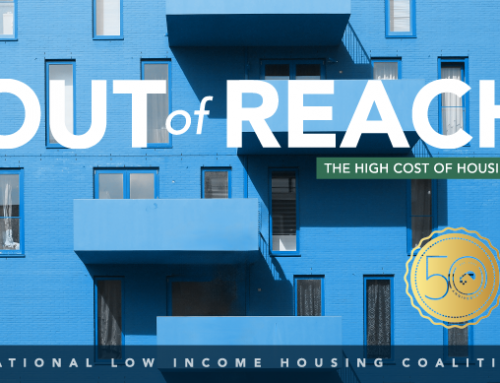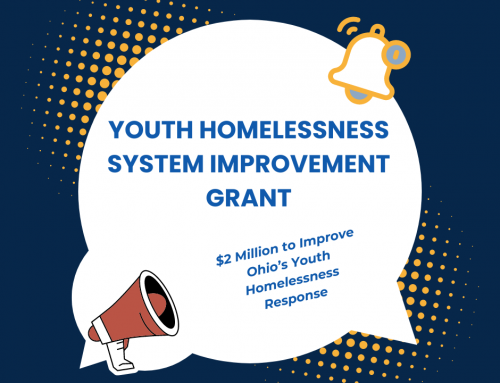FOR IMMEDIATE RELEASE June 30, 2023
Final Budget a Win for Affordable Housing
COHHIO Decries Cut to Housing Program for At-Risk Pregnant Women
Advocates lamented cuts to a program that shows how housing intervention can reduce infant mortality, while expressing relief that other destructive housing proposals were not included in the budget bill passed Friday.
Prior to passing the biennial budget (HB 33), state lawmakers removed provisions that would have severely curtailed development of affordable housing while rapidly rising housing costs have destabilized much of Ohio’s workforce.
Amy Riegel, executive director of the Coalition on Homelessness and Housing in Ohio, expressed disappointment that the conference committee failed to restore the Senate’s 81 percent cut to the governor’s proposed $16 million appropriation for Healthy Beginnings at Home, which provides housing assistance for pregnant women and families who are homeless or at risk.
“Babies need a safe, stable home to thrive, grow, and become healthy adults,” Riegel said. “The Senate’s 81 percent cut to a program that provides pregnant women and babies with stable housing means some newborn Ohioans will come into the world living in a shelter, in a car, or a tent.”
However, Riegel was relieved that lawmakers removed a last-minute amendment to abolish the Ohio Housing Finance Agency.
“We appreciate the wise decision to maintain OHFA’s independence,” she said. “Suddenly overhauling our affordable housing finance system would have destabilized Ohio’s housing tax credit market, deterring investment when we desperately need more affordable housing to sustain Ohio’s economic development momentum.”
Another win was the inclusion of a $100 million state tax credit program to complement the federal Low Income Housing Tax Credit.
“The workforce housing tax credit will create an estimated 4,000 affordable rental units. This represents a step in the right direction, but it’s just a start,” Riegel said. “Our state leaders must do more to address the growing gap between rents and wages that puts so many working Ohioans on the verge of eviction and homelessness.”
OHFA’s new Annual Plan shows that 25 percent of Ohio renters are spending at least half their income on housing, up from a record low just a few years earlier. Meanwhile, Ohio has a shortage of 270,000 affordable rental units available to the state’s 448,000 extremely low-income renters.
“In his original budget proposal, Gov. Mike DeWine laid out a roadmap to address housing insecurity in our state. We are pleased that many of those provisions were included in the final bill, while many of the Senate’s attacks on affordable housing were removed,” Riegel said.
-30-








